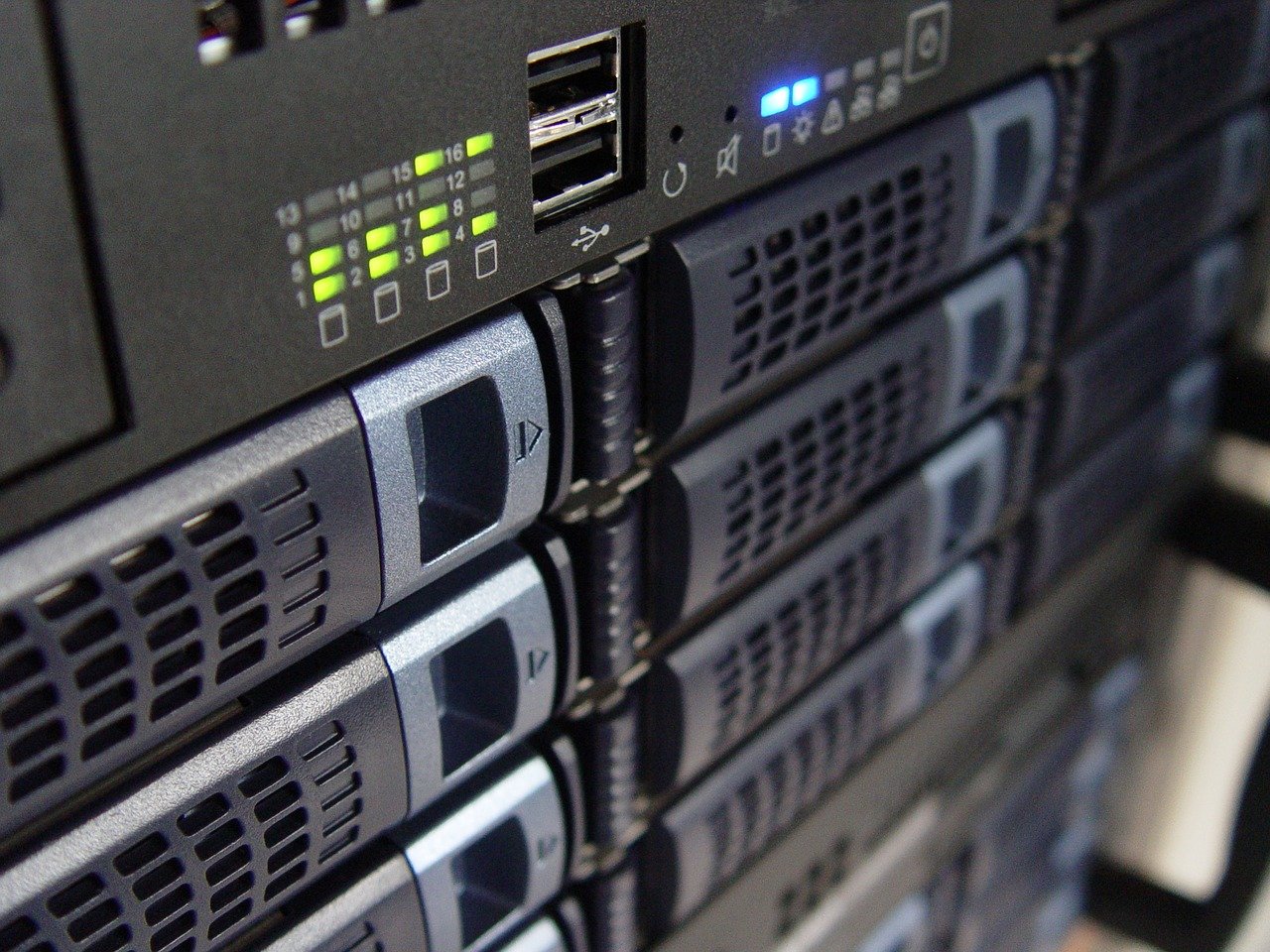Which type of server is right for your business?
In order to determine which type of server is right for your business, it is important to understand what a server is, what it does, and the different types of servers available to you.
In the simplest terms, a server is a piece of hardware that enables other programs or computers to function properly. This relationship is referred to as the ‘client-server model’, with the devices or programmes connected to the server being referred to as the clients.
A server is an essential part of any business, as they provide all services needed across the whole network. They are also great facilities for keeping important files and data centralised across a business so that they can be accessed by any user at any time.
Dedicated Servers
A dedicated server is a type of server that involves the clients using an entire server which is then not leased by anyone else at the same time, meaning that all of the resources of the server are available for the client only. This would generally be done to increase the speed of the network, or possibly to enhance security options
A dedicated server will be configured to suit your needs for example; running a website, hosting, or even streaming and gaming. This is an ideal type of server for a large business that requires network maintenance to be done by a third party. On this page https://www.etb-tech.com/servers/dell-rack-servers you will find some of the best picks for dedicated servers.
Cloud Servers
Sometimes, where it isn’t suitable to have a physical dedicated server, you may decide to use a cloud-based server instead. A Cloud server is a virtual server that runs via the internet and provides stability and security over the network.
Cloud servers are secure, high speed and reliable and with a cloud server, you can completely avoid all hardware related installation and maintenance issues.
Hybrid Servers
As the name suggests, a hybrid server is a server that operates both physically and virtually. This is a relatively new piece of server engineering that has the full power of a dedicated server as well as the benefits of the cloud such as remote access and virtual storage.
Hybrid servers are particularly well-suited for hosting websites, online stores and shopping apps and file storage to name but a few. They are ideal for those currently using cloud servers but find that they are experiencing reduced performance due to the constraints of a fully virtual system.
Final thoughts
When choosing the right type of server for your business it is important to consider several factors such as; how big is your business? I.e does your business require access for several employees at once and a large amount of file storage? What kind of business do you have and what is the server for? For example, do you run a large administration office? If so, you may want to consider the advantages of a dedicated server.
When choosing the server for your business, be sure to consider all of the pros and cons of the different server types and weigh each against your budget and requirements.

